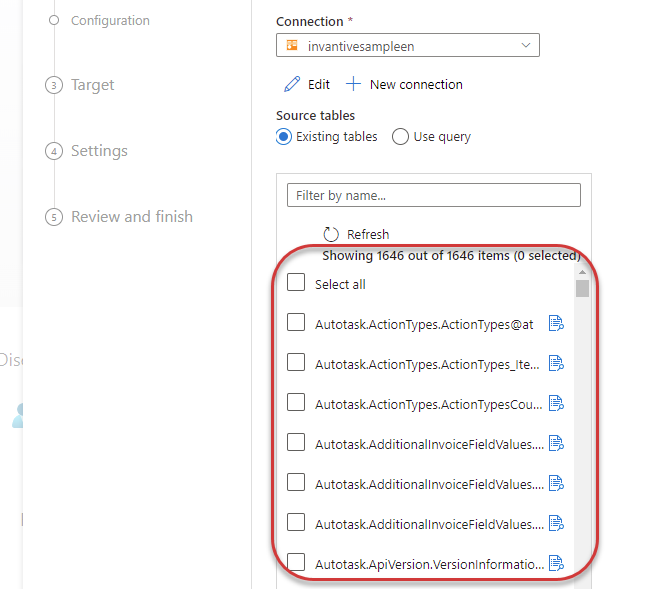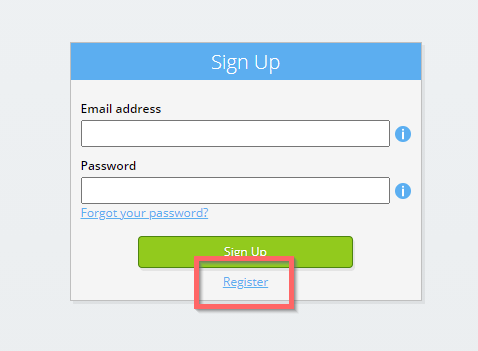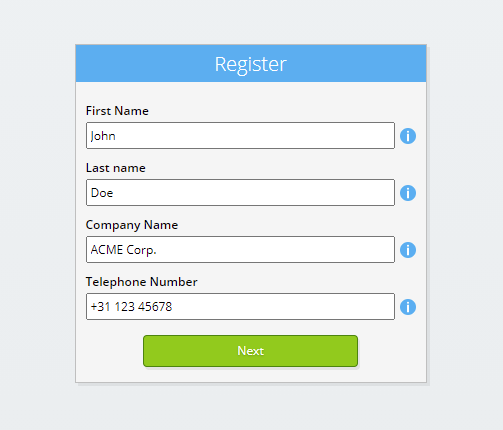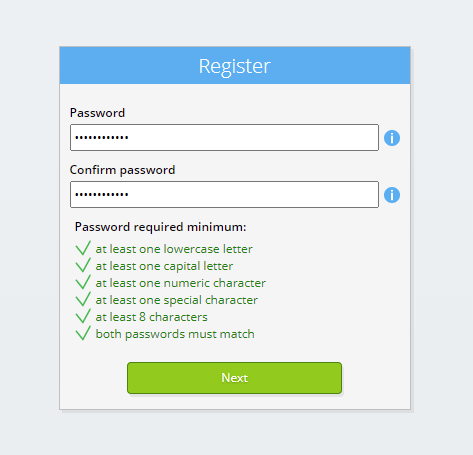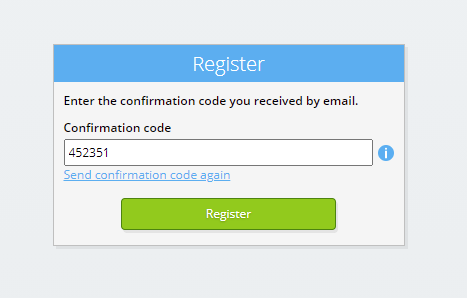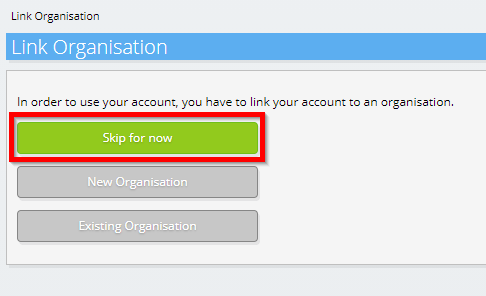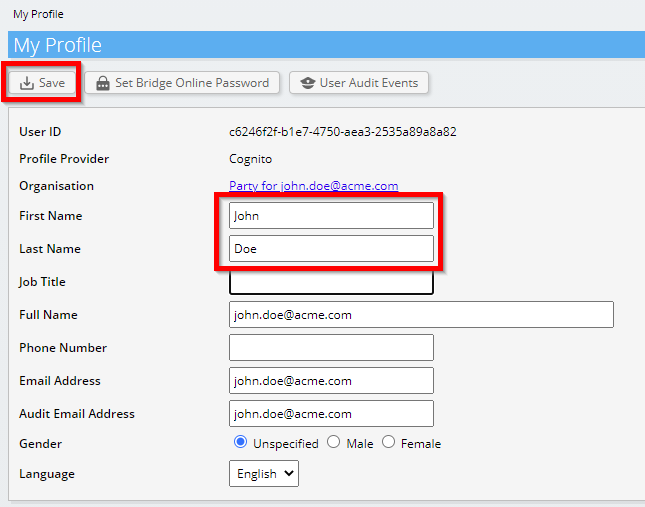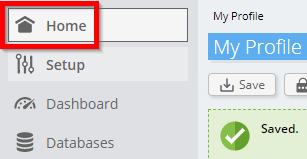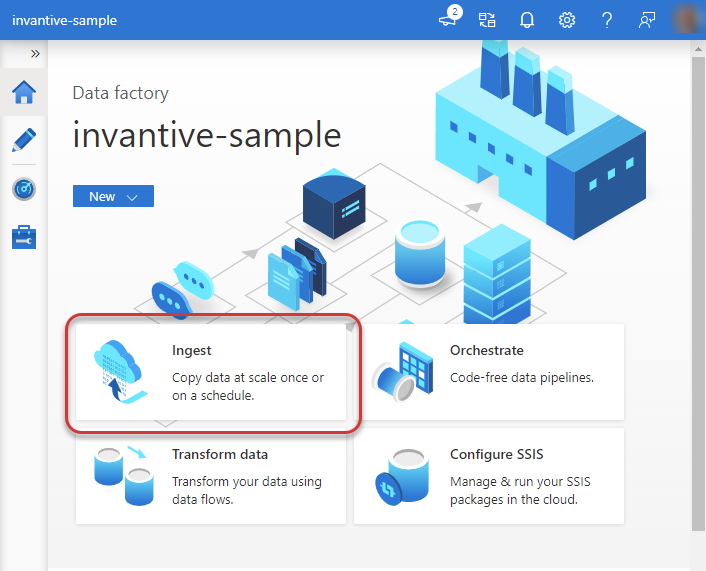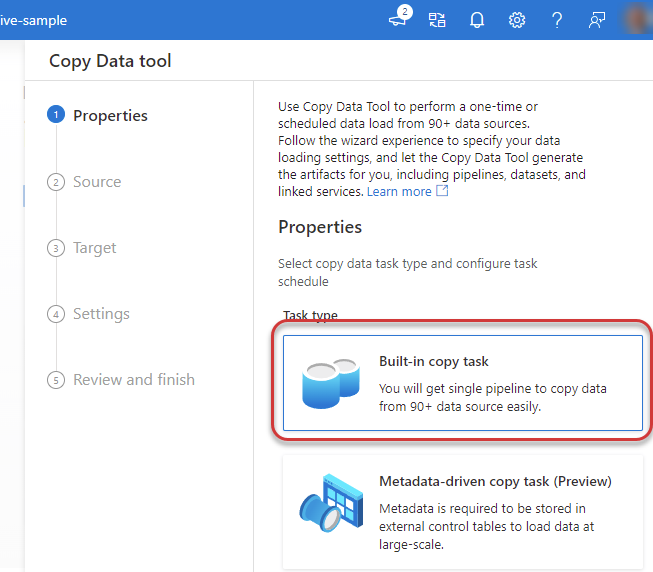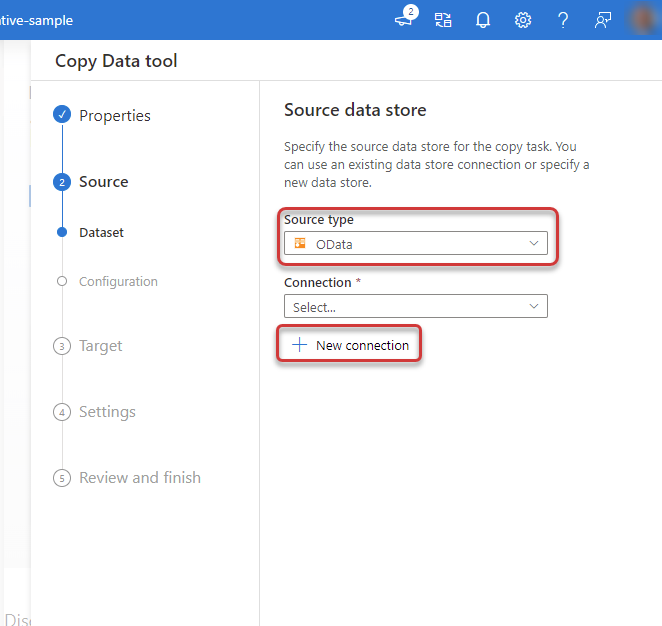How do I connect Azure Data Factory to NDJSON in 5 minutes?
Execute the following steps to connect Azure Data Factory to NDJSON. You only need knowledge of Azure Data Factory and your own business.
NDJSON is a file format based upon JavaScript. A NDJSON file consists of one record in JSON-format per line. No array grouping or record separator is used.
No technical knowledge is needed nor knowledge on the NDJSON APIs to connect NDJSON to Azure Data Factory. This step-by-step plan will tell you exactly which steps you need to go through on Invantive Cloud to create your own Azure data warehouse with data from NDJSON.
The steps to connect Azure Data Factory to NDJSON are:
- Register an Invantive Cloud account.
- Create a NDJSON database.
- Make the NDJSON database available through the Microsoft OData connector.
- Connect Azure Data Factory to NDJSON through the connector.
- Load data from NDJSON into Azure Data Factory data warehouse.
Invantive Cloud offers a NDJSON connector to download data from NDJSON into Azure Data Factory, but there are over 105 other connectors available also for SQL, Power BI Desktop, Power BI Service, Power Query and/or Azure Data Factory.
Do you have a large environment? For effective downloads, you can of course also filter the data using the filter step or the transform button in Azure Data Factory.
When you are having questions, please check the forums for NDJSON.
Register Account on Invantive Cloud
Skip this step when you already have an account on Invantive Cloud. Otherwise execute the following steps one time to register an account on Invantive Cloud:
-
Go to Invantive Cloud start page.
Select the Log on-button.
-
Select the Next-button.
-
Select the Next-button.
Enter your password and repeat the provided password.
You will receive a six-digit verification code by email within 2 minutes.
-
Select the Sign Up-button.
-
Log on now. >
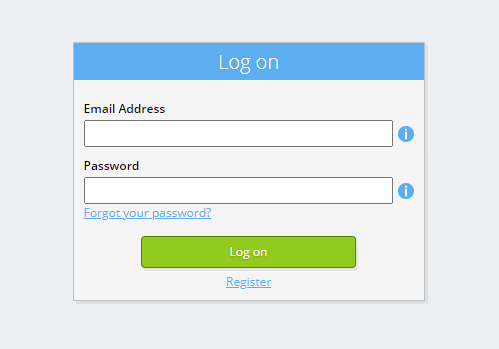
-
Make sure you have an authentication app installed on your phone. Select the Next-button.
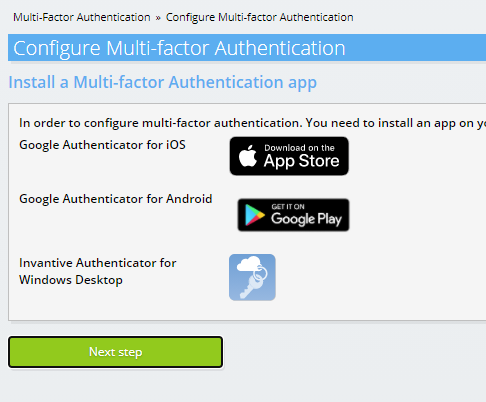
-
Add the displayed QR code to the authentication app, enter the current verification code, and choose "Finish".
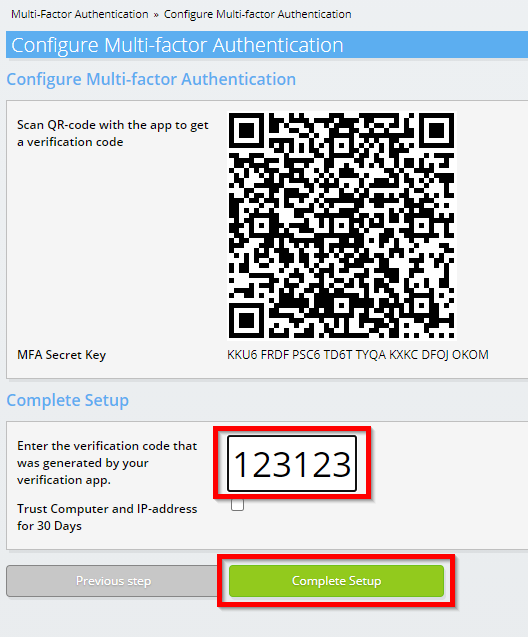
-
The Invantive Cloud dashboard will be shown.
You now have a login code on Invantive Cloud with which you can set up the connection with NDJSON and numerous other platforms. You will use the same Invantive login code and workflow for all other platforms.
Create NDJSON database
In this step, we set up a database with data from NDJSON. The database is "virtual" because it is not a traditional database, but is fed real-time from NDJSON. Invantive Cloud provides Azure Data Factory with a real-time link to NDJSON. The database will be used for all your NDJSON reporting with Azure Data Factory. So you only need to perform these steps once.
-
Click the Add Database button.
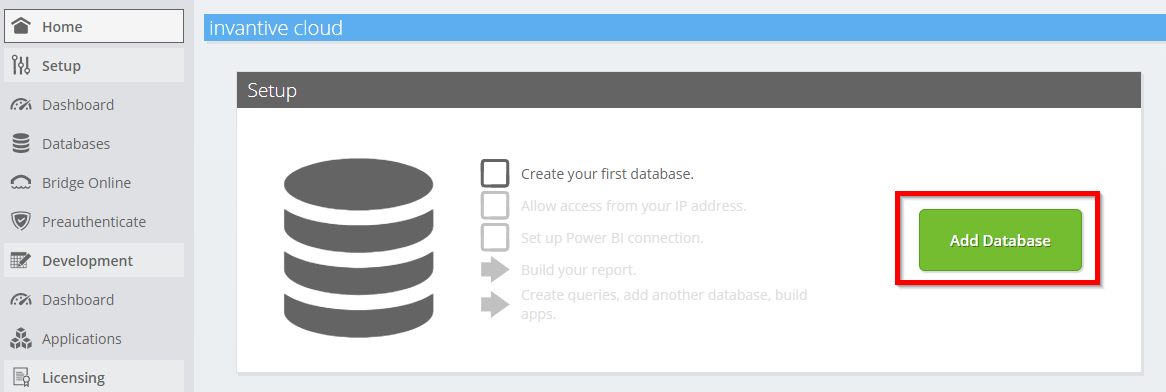
-
Please fill out the form with login information for NDJSON.
Select the OK-button.
Congratulations! You can now process data from NDJSON within the Invantive Cloud website. You can do this for example with the interactive SQL editor.
Grant connection from Azure Data Factory access to NDJSON
To retrieve the data from Azure Data Factory we create a link via Invantive Bridge Online. This creates a "bridge" between the cloud of Invantive and the standard OData connector that is available in every version of Azure Data Factory. You do not need to install anything locally: no connector, no ado.NET provider and no Azure Data Factory add-on neither.
Execute the following steps to safely use the data from NDJSON outside of Invantive Cloud:
Next to the database you will find an orange text requesting you to allow access from your current location (IP address). Select the nearby orange button.
You must completely disable IP address checking by entering an asterisk ("*") since Microsoft Azure Data Factory consists of hundreds of thousands of servers across the globe.
You are now ready to import the NDJSON data into Azure Data Factory.
Configure Azure Data Factory connector for NDJSON
You will now pull in Azure Data Factory data from NDJSON through the established link.
Please note again that Invantive Cloud under the hood handles all complexity such as setting up credentials such as a refresh token, acquiring an access token, optimizing and parallelizing access, accessing an API within the rate limits, scopes and security restrictions. There is absolutely no need for knowledge on complex technical topics such as OAuth access tokens or API. The Microsoft Azure Data Factory steps, activities and pipelines can be constructed using just the OData feed and basic authentication.
Execute the following steps:
-
Enter in the window the Bridge Online URL of the Azure Data Factory database. This URL containing the data can be found in the Database-form of Invantive Cloud. Choose authentication type 'Basic authentication'. Enter the Invantive Cloud user name and password.
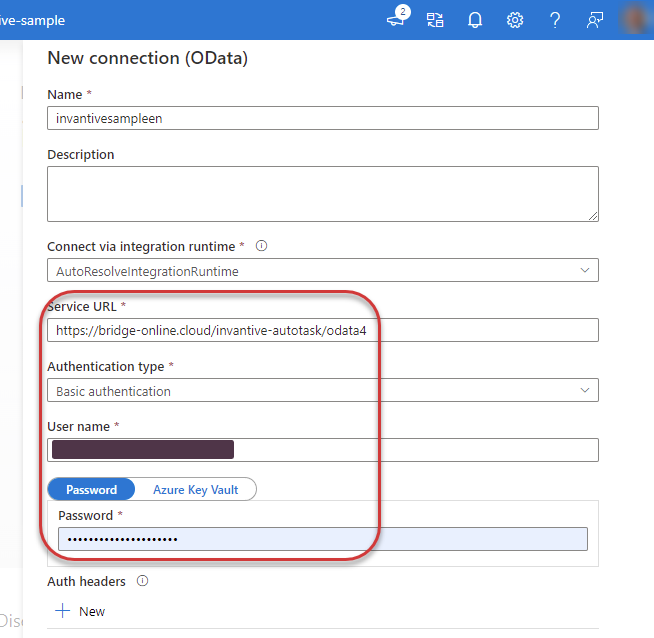
-
The list of available NDJSON tables appears. Select the desired tables and construct your pipeline in Microsoft Azure Data Factory.
